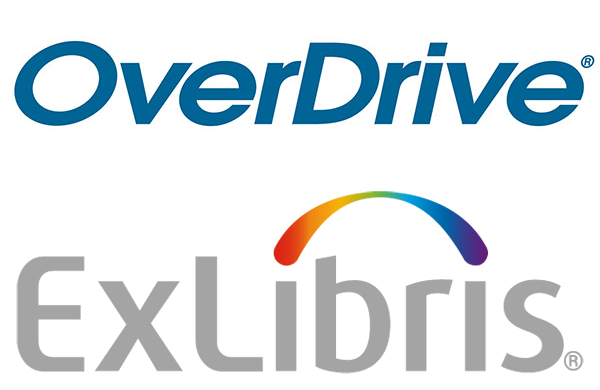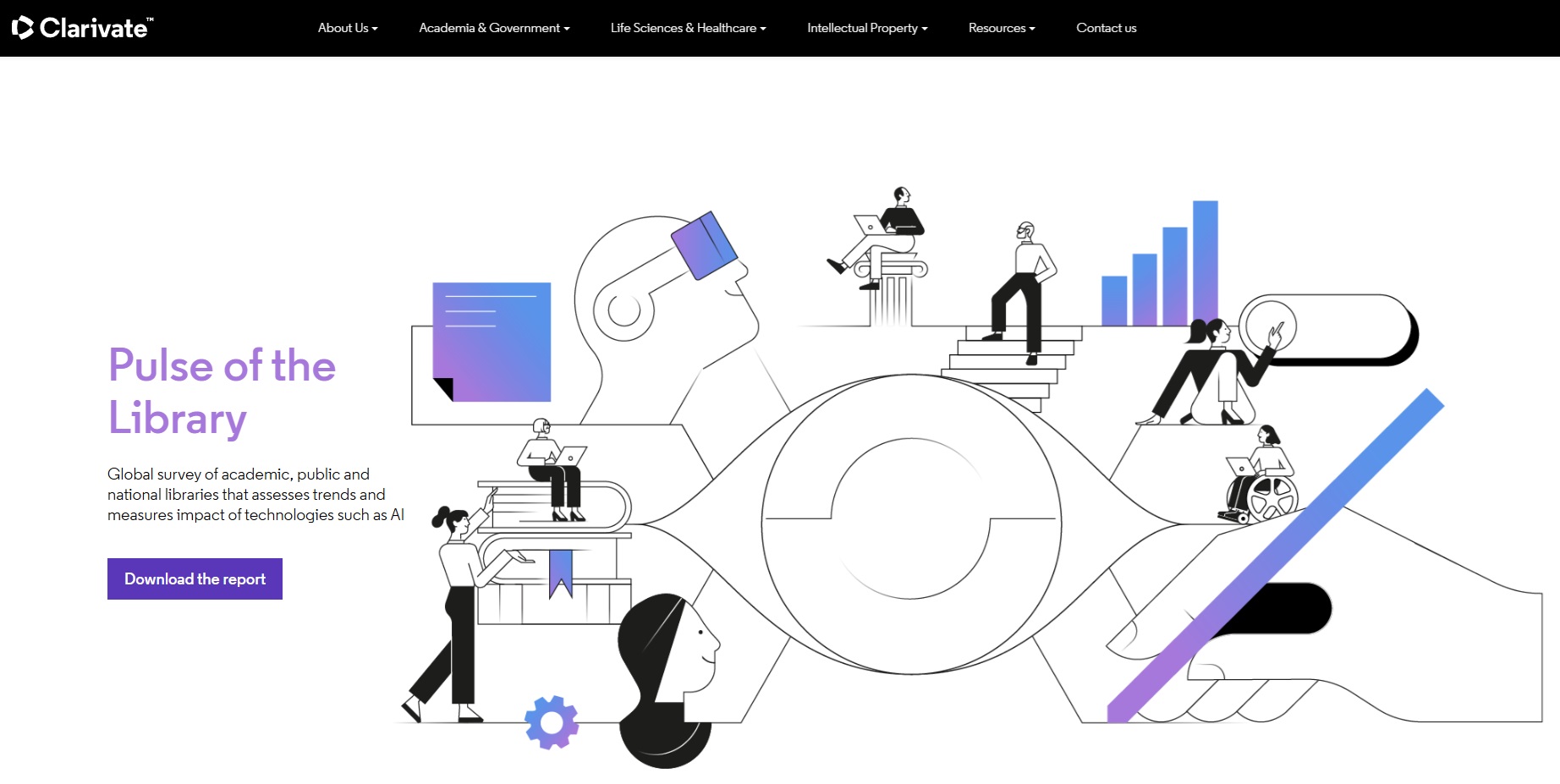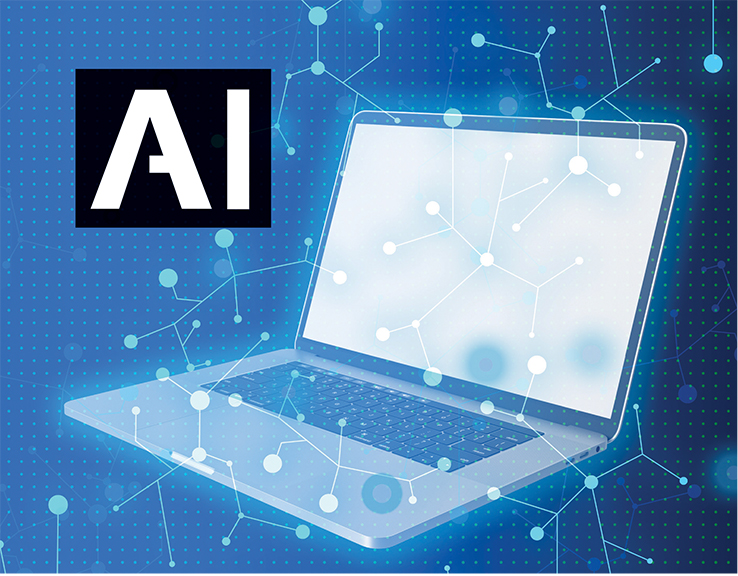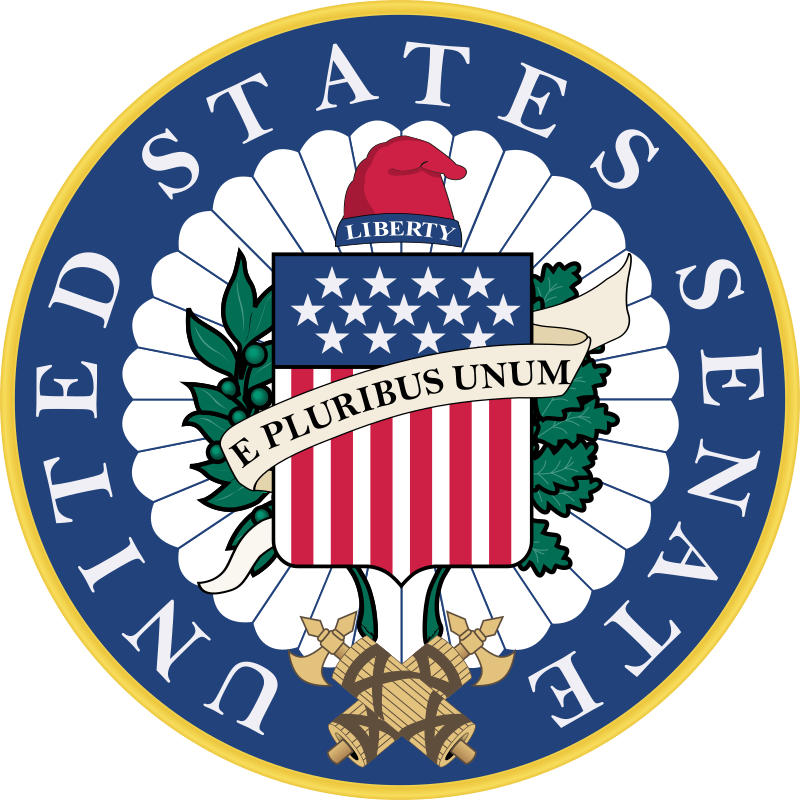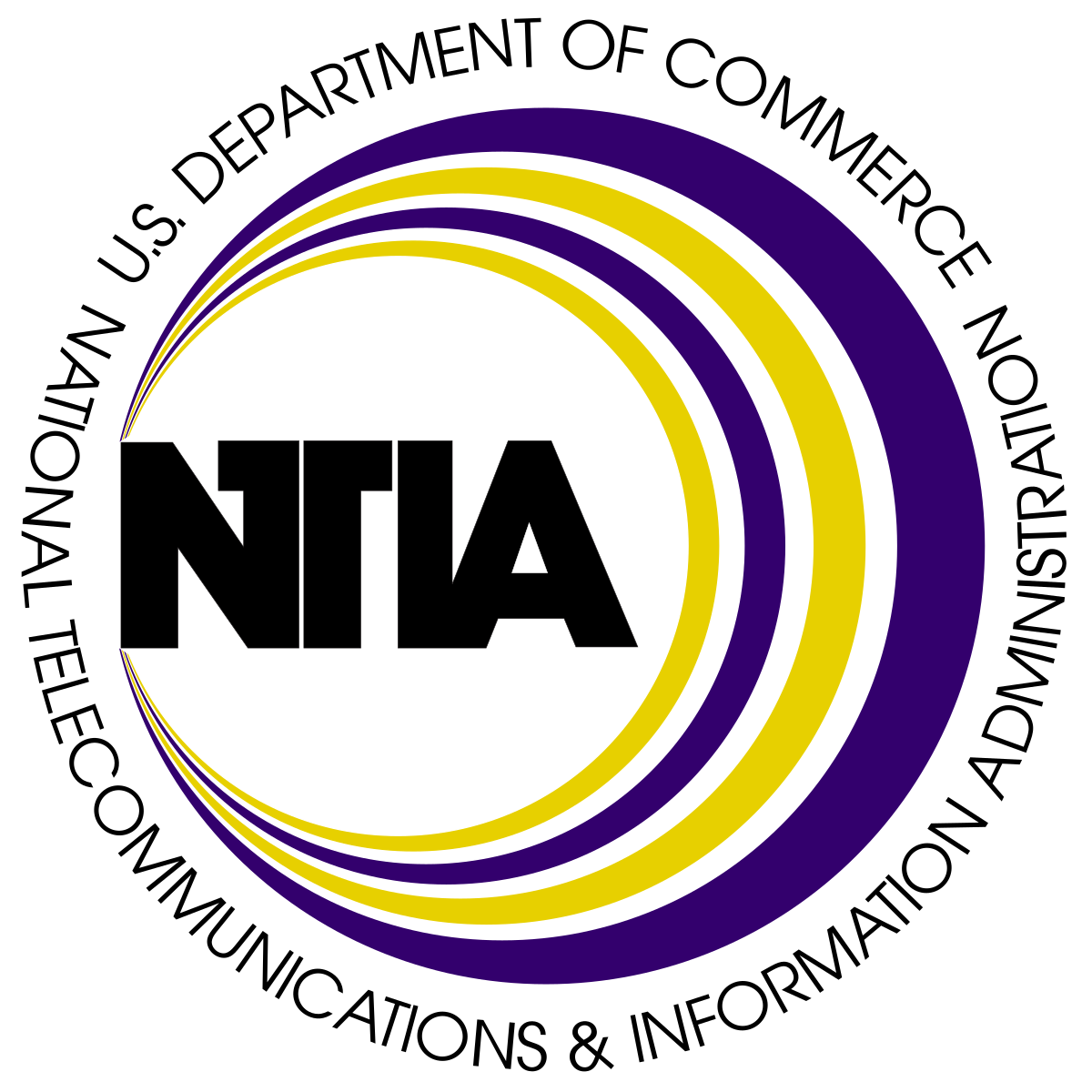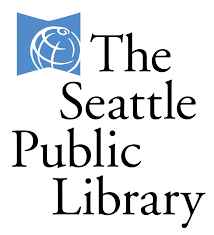Technology
Library vendors have announced several new products, partnerships, and programs during the past two months. Here’s a sampling of recent news.
Over 60 percent of libraries are currently evaluating or planning for artificial intelligence (AI) implementation, according to a global survey of more than 1,500 librarians by Clarivate, the parent company of ProQuest, Ex Libris, Web of Science, and more. According to Clarivate’s first “Pulse of the Library” report, which combines feedback from the global survey and qualitative interviews of librarians working at academic, public, and national libraries, “the potential rise of AI adoption in the coming year is high."
On September 4, the United States Second Circuit Court of Appeals affirmed a March 2023 ruling that the Internet Archive’s (IA) program of scanning print books and distributing digital copies on a one print-book, one-ebook, one-user basis for free is not protected by fair use doctrine. The ruling was the result of a lawsuit filed by Hachette Book Group, HarperCollins, John Wiley & Sons, and Penguin Random House in June 2020.
Chicago Mayor Brandon Johnson and the Chicago Public Library (CPL) on August 15 announced the launch of “Chicago Book-Wrapped,” a new popup initiative offering instant access to a curated collection of ebooks and e-audiobooks with no hold times or library card requirements during special events in Chicago. The initial collection was curated to celebrate the Democratic National Convention.
Several major companies—including Clarivate, EBSCO, OCLC, and OverDrive—are introducing new AI tools and features that will impact researchers, patrons, and library work directly.
On July 30, the U.S. Senate passed the Kids Online Safety Act (KOSA) 91–3. Supporters of the bill say that it will help protect children from the potential harms of social media platforms and other online services, but critics say that if the legislation passes the House and becomes law, it will lead to online censorship—potentially including politicized censorship by the Federal Trade Commission and state attorneys general who would enforce the law.
The U.S. Department of Commerce’s National Telecommunications and Information Administration (NTIA) on July 24 announced the availability of almost $1 billion in competitive grant funding for programs that “support efforts to achieve digital equity, promote digital inclusion activities, and spur greater adoption and meaningful use of broadband,” according to a notice of funding opportunity posted by the agency. Application materials are available on NTIA’s BroadbandUSA website, and must be submitted through the NTIA Grants Portal by September 23.
The American Library Association’s 2024 annual conference and exposition included many announcements from library vendors. Here’s a roundup of some of the news from this year’s show floor.
The Seattle Public Library (SPL) is continuing to recover from a ransomware attack on Saturday, May 25. At press time, all branches were open, in-person and virtual programs and events were still being hosted, books and other physical materials were available for checkout, and online services provided by third-party vendors including ProQuest, Hoopla, Kanopy, and others were available to patrons. However, access to SPL’s ebooks and e-audiobooks, public computers, in-building Wi-Fi, printing and copying services, pickup lockers, museum pass services, interlibrary loan services, and some other online resources remained unavailable.
ALREADY A SUBSCRIBER? LOG IN
We are currently offering this content for free. Sign up now to activate your personal profile, where you can save articles for future viewing
